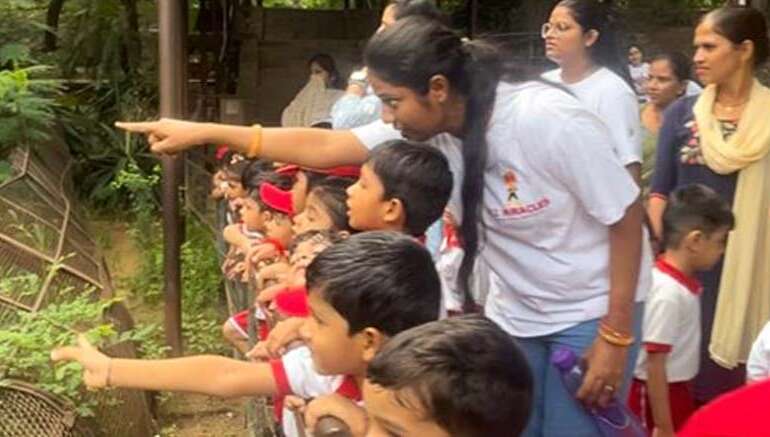What is Critical Thinking, and Why Should This Life Skill Be Developed in Preschoolers?
In today’s fast-paced world, where information is abundant and constantly evolving, the ability to think critically is becoming increasingly essential. But what exactly is critical thinking, and why is it so important to start developing this skill in preschoolers?
Understanding Critical Thinking
Critical thinking is the ability to analyze information objectively, evaluate different perspectives, and make reasoned judgments. It involves questioning assumptions, identifying biases, and considering the validity of arguments. Essentially, it’s about thinking about thinking—evaluating the process of reasoning to reach well-founded conclusions.
For preschoolers, critical thinking might seem like a concept beyond their years, but it’s actually quite the opposite. At this age, children are naturally curious and constantly exploring the world around them. They ask questions, test ideas, and experiment with different solutions—behaviors that are the foundation of critical thinking.
Why Critical Thinking is Crucial for Preschoolers?
Foundation for Lifelong Learning: Critical thinking skills developed in the early years lay the groundwork for all future learning. When children learn to think critically, they are better equipped to understand complex concepts, solve problems, and navigate the world around them.
- Enhanced Problem-Solving Abilities:
- Improved Communication Skills:
- Encourages Independence:
- Preparation for Future Challenges:
Preschoolers with strong critical thinking skills can approach problems with creativity and confidence. Instead of relying on rote memorization or following instructions blindly, they learn to evaluate different solutions, think through consequences, and make decisions based on logical reasoning.
Critical thinking also helps children articulate their thoughts clearly. When preschoolers learn to analyze their ideas and consider different viewpoints, they become more effective communicators, able to express themselves in a way that others can understand.
By developing critical thinking, children learn to trust their own judgment and make independent decisions. This independence fosters self-confidence and resilience, as they become capable of navigating challenges and making informed choices on their own.
The world is becoming increasingly complex, with new challenges emerging regularly. By fostering critical thinking in preschoolers, we equip them with the tools to adapt and thrive in an ever-changing environment. They learn to approach situations with an open mind, ask the right questions, and develop innovative solutions.
How to Foster Critical Thinking in Preschoolers
Encourage Curiosity: Create an environment where questions are welcomed and explored. Encourage preschoolers to ask “why” and “how,” and guide them to find answers through investigation and exploration.
- Promote Problem-Solving Activities:
- Model Critical Thinking:
- Encourage Reflection:
- Engage in Discussions:
Provide opportunities for children to engage in activities that require problem-solving, such as puzzles, building blocks, or creative play. These activities help them learn to think through challenges and find solutions.
Show preschoolers how to approach problems thoughtfully by thinking out loud. Discuss your reasoning process, weigh options, and explain your conclusions. This helps children see critical thinking in action and learn to apply it themselves.
After completing a task or solving a problem, ask preschoolers to reflect on the process. What worked? What didn’t? What could they do differently next time? Reflection helps them internalize the lessons learned and apply them in the future.
Have open-ended conversations with preschoolers about stories, events, or everyday experiences. Ask questions that require more than a yes or no answer, encouraging them to think deeply and express their ideas.
Developing critical thinking in preschoolers is not just about preparing them for academic success; it’s about equipping them with a vital life skill that will serve them throughout their lives. By nurturing their natural curiosity, encouraging problem-solving, and fostering open-mindedness, we can help preschoolers become thoughtful, independent thinkers ready to face the challenges of the future.
Riitu Sharma,
Co-Founder
Li’l Miracles International Preschool




